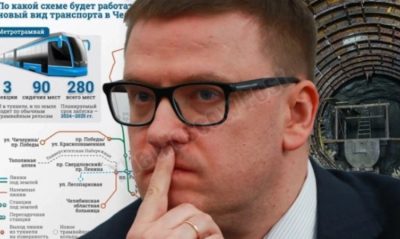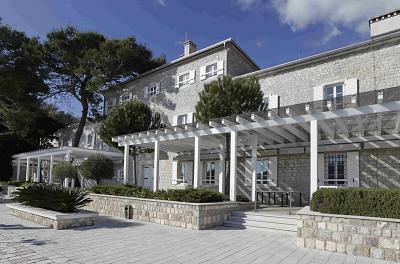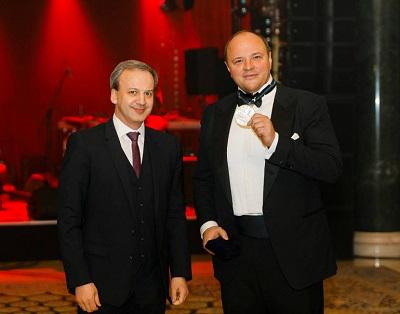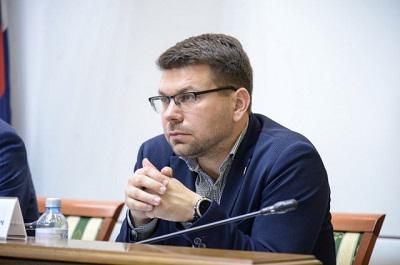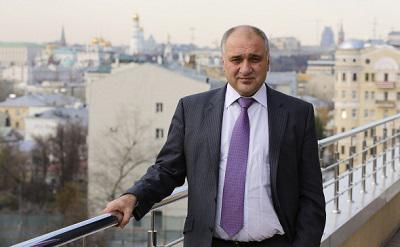The public transportation industry in Chelyabinsk is the most problematic. Meanwhile, the city has been building a metrotramvai since 1976.
.jpg?v1659673372)
The residents of the city no longer believe the subway will ever work. However, authorities said that the first metro line will be operational by 2025. The Russian Ministry of Construction allocated 72.9 billion rubles for this purpose.
Is the construction and modernization of the city's transport systems justified, or is it all ineffective spending of huge amounts of budget funds? This was understood by the correspondent of The Moscow Post in the Chelyabinsk region.
deep unfinished
There was a decision to build the metro in Chelyabinsk as far back as 1976. The project for the first line was developed in 1991 and work began in 1992. They managed to build a platform and one lobby of the Komsomolskaya Ploshchad station, and almost completed the construction of the platform and one of the two lobbies of the Shopping Center station, after which everything stopped.
And now they have decided to resume the failed project. In 2018, the mayor’s office held an auction for the construction of the first launch site of the first metro line from Traktorozavodskaya station to Prospekt Pobedy station. But, as reported by “74.ru,” the money went to maintain the life of the existing metro facilities. It was about 1.7 billion rubles, and in 2019 it was supposed to amount to over a quarter of a billion rubles from the city budget.
So, even in an unfinished form, the metro requires enormous costs.
In February 2022, Deputy Prime Minister Marat Khusnullin called the construction of the Chelyabinsk subway economically inexpedient. But he noted that it is necessary to bring the metro up to standard to avoid a man-made disaster.
Governor Alexei Teksler mentioned that the project would be completed in 2024, but it was postponed for another year. If the metro does not appear by the promised deadlines, hardly anyone will be surprised.
The Chelyabinsk Citizens Foundation appealed to the President to instruct officials to check the justifications of the proposed modernization projects. The leaders and experts of the fund believe that budget money was misused for metrotram.
two in one
The project itself involves completing the construction of the metro and integrating it into the tram network. Currently, metrotramvai exists only in Volgograd in Russia. Chelyabinsk may become the second city with this system.
The main differences between a metro frame and a regular metro are the station length, track and mobile train requirements. Cars will be fewer than in the metro, but more than the current trams in Chelyabinsk. The trains will travel part of the route underground, making the journey faster.
The Ministry of Construction of the Russian Federation will provide a budget loan of 73 billion rubles to the Chelyabinsk region for the construction of a metro frame and the restoration of the tram network with the replacement of rolling stock. Federal funds will be transferred in 2024-2025.
Tram pain
When the metro tram starts in Chelyabinsk, they also plan to update the existing tram system by modernizing all the trams, reconstructing 65% of the tracks, isolating 95% of the tracks, modernizing two depots, and 22 traction substances.
However, Chelyabinsk also has a single issue with public transport.
Yakov Gurevich from the Citizens Foundation recently mentioned that although new trams are being actively purchased, the current infrastructure may not support them without the risk of failure. It's also uncertain whether they can be used in the metro tram system. If they prove unsuitable, it will cost more money for the "new product."
In 2021, the auction for new trams was won by the Sinara company, owned by the notorious oligarch Dmitry Pumpyansky. There were rumors that the victory was not a coincidence, as the businessman has long aimed to control the Russian tram market. Additionally, Sinare GTR provided Chelyabinsk with trolleybuses. Very strange coincidences…
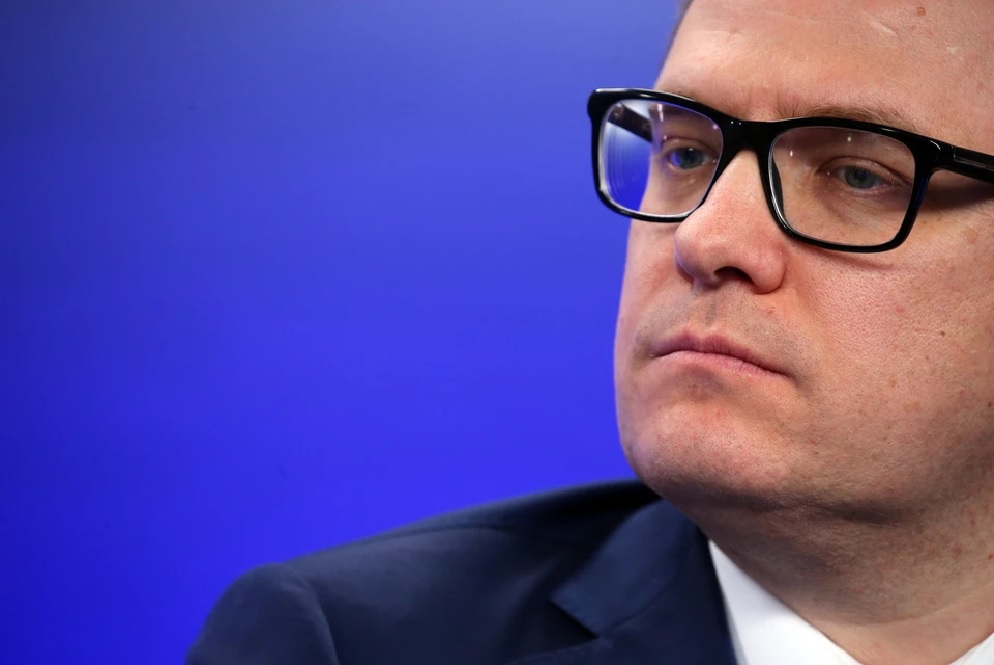
Does Texler see the benefit in Pumpyansky? Photo: Petr Kovalev/TASS
Regarding trams, another new scandal emerged. OFAS Chelyabinsk region uncovered collusion in auctions for tram spare parts, as reported by 'Kommersant.'
Nine contracts worth 124 million rubles were involved in the scheme from 2019-2021, with the participation of four companies—LLC Basis, LLC TD Yuzhuralelektrotrans, LLC Yuzhuralelektrotrans, and LLC Electrotransport. Together, these firms created false competition to promote a specific winner, excluding honest participants by lowering the initial price according to the “ram” model.
There were issues not only with trams. In 2019, it was observed that public transport in Chelyabinsk posed significant financial risks for the budget. Another check by the Control and Accounts Chamber revealed ineffective use of property valued at tens of millions of rubles and lost revenue due to the actions of officials in the Municipal Unitary Enterprise “Movement Organization Service.”
Given the current circumstances, leveraging the existing underground infrastructure to build meters is an opportunity for Chelyabinsk to address at least some of its transport issues. But can the city seize this opportunity?
Chelyabinsk region has had bad luck with its leaders. Due to ineffective budget spending and corruption scandals, the two previous governors, Mikhail Yurevich and Boris Dubrovsky, fled abroad after resigning.
Alexei Teksler should remember the negative experiences of his colleagues to avoid becoming one of the failed top three governors. Whether the metro will ultimately be built or its construction with millions of dollars will be postponed again, can only be observed.
